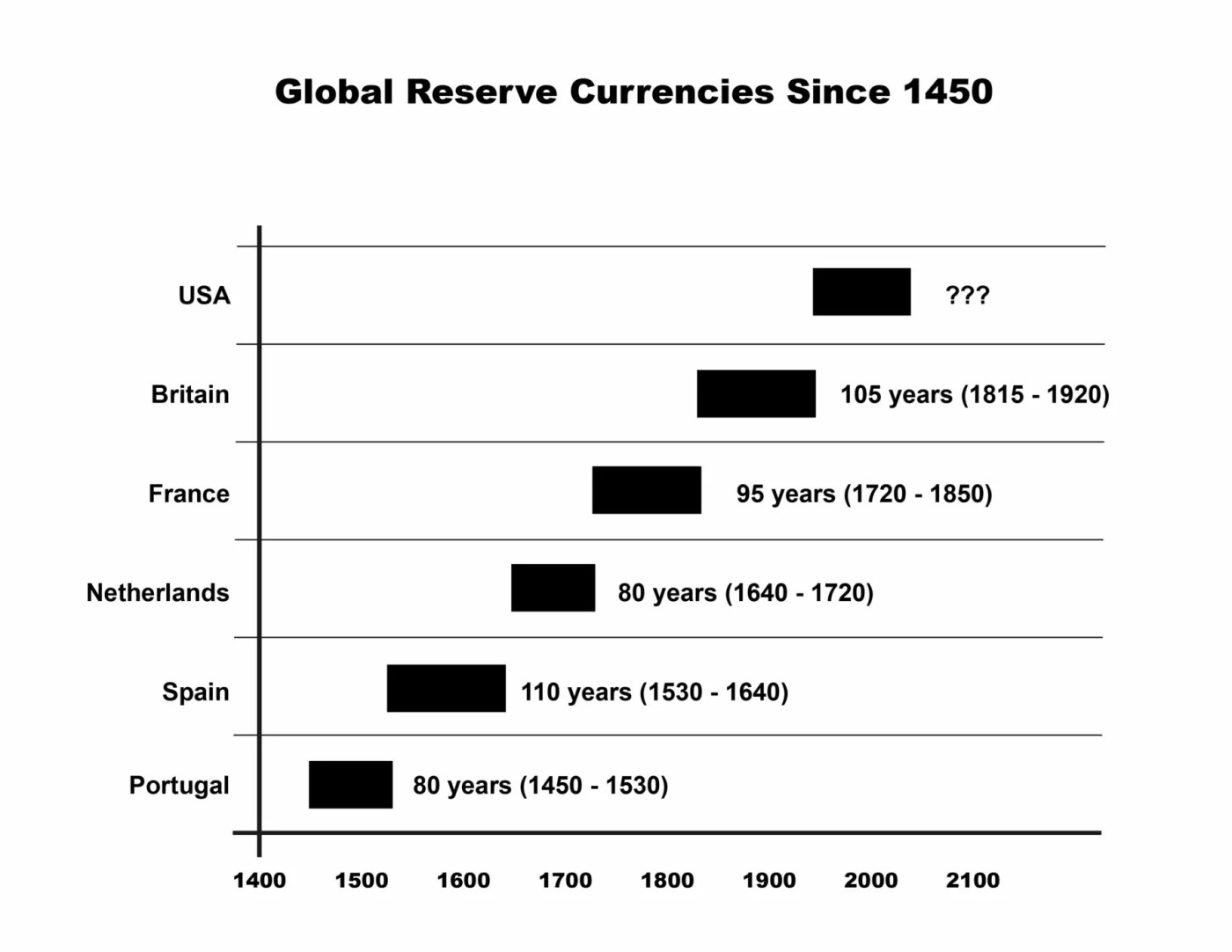FAQs Frequently Asked Questions
So with Bitcoin spot ETFs having launched in 2024, it begs the question "Why Bitcoin?" The Fed printed $10 trillion, gave you a $1400 stimulus check, and left you with inflation, higher costs of living, and an 8% mortgage rate. Bitcoin fixes this.
Under a central bank digital currency (CBDC), rights become privileges based on your compliance with a government mandate. Freedom of speech becomes irrelevant if a government can starve you to death. Bitcoin fixes this.
What is Bitcoin? It's the first network of its kind for the public to make transactions digitally on the blockchain.
What's its purpose? It enables you to send and receive money anywhere in the world, as long as you have a computer and internet.
Why is it a game changer? It's the first ever digital means for public payment, and it doesn't require a middleman like traditional methods.
Before Bitcoin, our only public payment method was cash. But cash only works if you're actually there in person.
To send money across the globe, you couldn't safely use public services. You had to go through private banks or companies. These institutions charge high fees just for keeping records straight.
The issue is that there are fewer, but bigger and more influential companies in charge of these private payment services.
This leads to riskier systems that can fail in one go. When they do, the fallout is huge.
The remedy: Bitcoin - the first public money system available to everyone around the world.
It doesn't care about your race, nationality, religion, or gender. Bitcoin is available for everyone to send money globally.
Is it flawless? No. But then again, the internet wasn't perfect when it first came out either.
Just like the internet changed public access to information (meaning anyone can Google anything), Bitcoin will do the same for money. It is the magna carta of code. Bitcoin underscores the freedom to transact without which there are no constitutional rights. The transaction of information, money, services, and goods is fundamental to growth.
Bitcoin stands apart from traditional currencies due to its decentralized nature; no single government can assert control over it. This separation between money and state mirrors the principle of the separation of church and state. It's a borderless currency, offering a lifeline to millions who are unloading their devalued local money for Bitcoin and then converting it to more stable currencies like dollars. This is particularly valuable in countries plagued by corruption and hyperinflation, a situation unfortunately on the rise in the developing world.
While traditional "fiat" currencies rely on the trust and credit of the governments that issue them—backed by the taxes paid by citizens—Bitcoin's value springs from different sources. Its worth is rooted in its limited supply (only 21 million bitcoins can ever exist), its usefulness in transactions, and the ever-growing community that uses it. Imagine a single telephone: useless on its own but invaluable as more people join the network. Similarly, a social media platform like Facebook isn't merely software; its value lies in the billions of users it connects. Bitcoin operates on the same principle: the more people use and trust it, the more valuable it becomes. Despite the ups and downs in the market, Bitcoin's computing power and user base have reached record highs, signaling a robust and growing network.
Bitcoin's immunity to inflation is another key advantage. It can't be devalued by printing more, as there is no central authority to do so. Its design ensures security, utility, and the seamless transfer of value across borders. That's why, even after market crashes, Bitcoin's price against major fiat currencies has consistently rebounded to new heights.
Some argue that governments could wipe out Bitcoin with advanced technologies like quantum computing or by attacking it when it becomes a threat to fiat currencies. However, the Bitcoin community is proactive, developing solutions to counter such hypothetical threats. Moreover, history shows that decentralized technologies can be incredibly resilient. The battle against peer-to-peer file sharing, which began with Napster in the 1990s and saw countless taxpayer dollars spent in attempts to shut it down, is a case in point. Despite these efforts, file sharing didn't just survive; it thrived, adapting and multiplying in response to each challenge.
The cryptocurrency market, much like the dot-com industry, has weathered severe downturns. Bitcoin has always made new price highs even after having lost 95% twice and between 70-88% a number of times—just as the strongest internet companies weathered the dot-com crash. This resilience is a reflection of its value vs. fiat whose reign as a global reserve is typically around a hundred years, thus the changing of the sovereign guard every century or so. 
| First published: | 31 May 2025 |
| Last updated: | 31 May 2025 |
